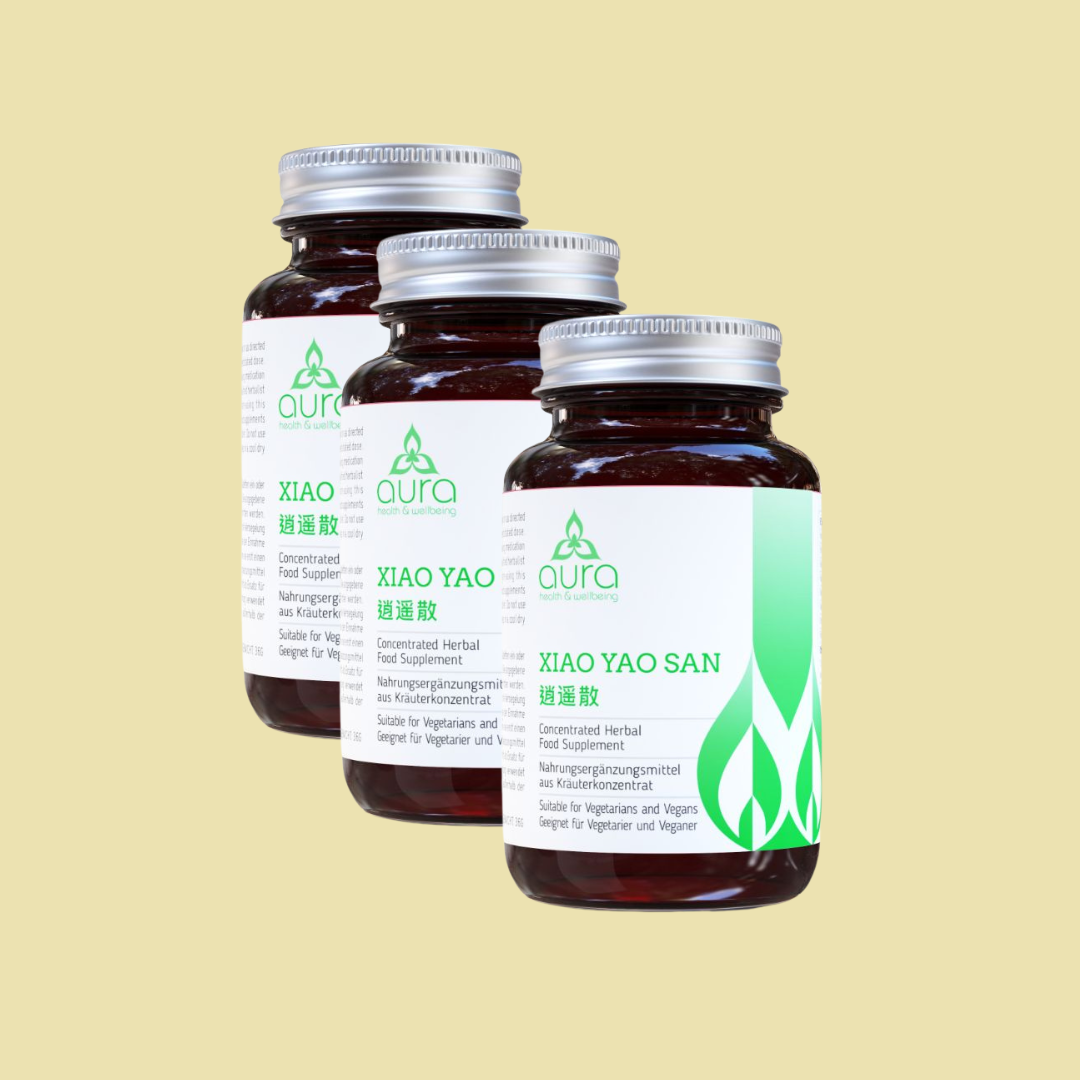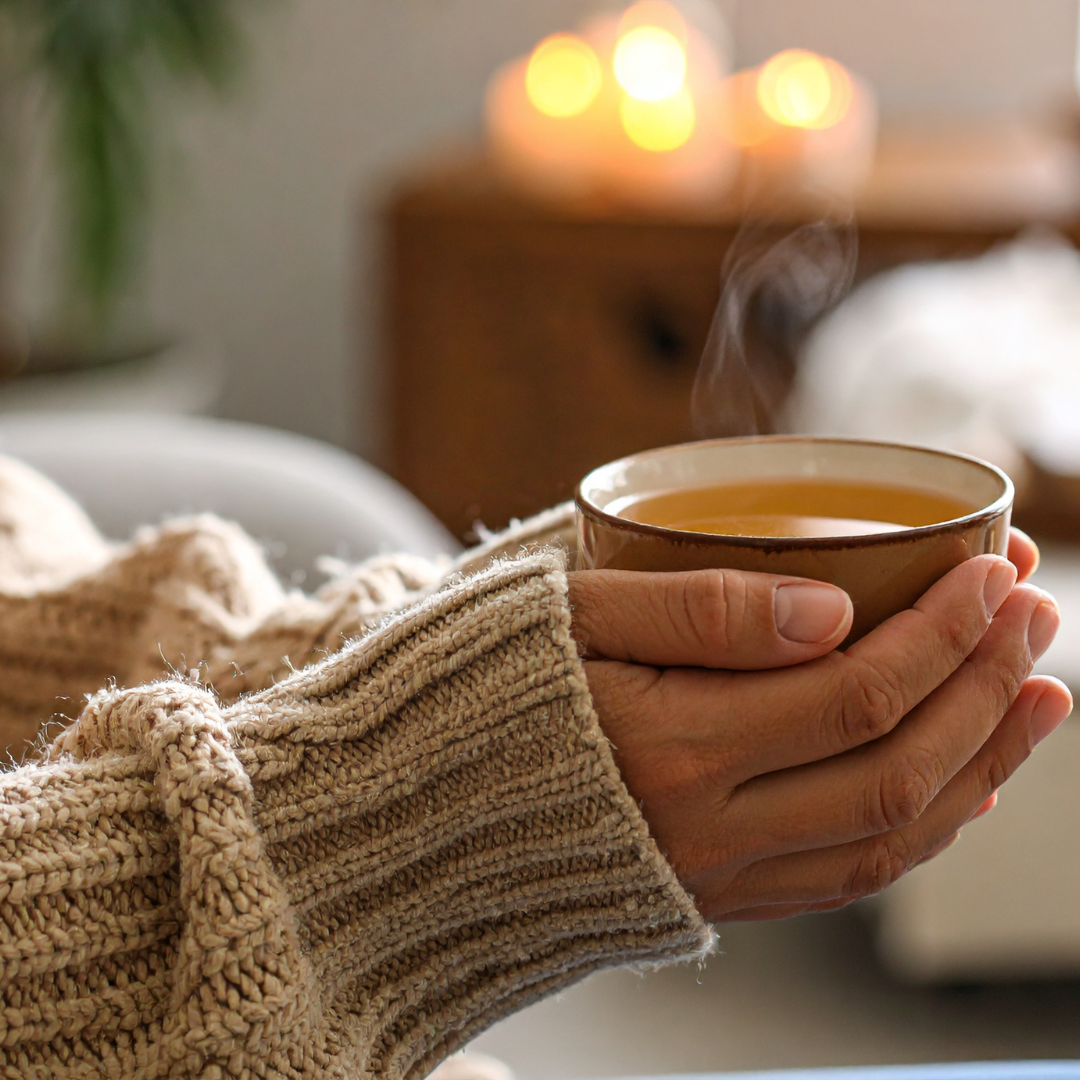
Mental Health Awareness Day: Healing the Mind with Traditional Chinese Medicine
Each year on 10 October, Mental Health Awareness Day reminds us of the importance of emotional wellbeing, compassion, and connection. In a world that often moves too fast, where stress and anxiety have become part of daily life, this day offers a moment to pause, reflect, and prioritise mental health — for ourselves and for those around us.
At Phoenix TCM, we believe that healing is holistic. Traditional Chinese Medicine (TCM) offers time-honoured wisdom and practical tools to support mental wellbeing, helping us navigate life’s challenges with greater resilience and balance. Whether you’re struggling with stress, low mood, burnout, or simply seeking peace of mind, TCM provides gentle yet powerful ways to restore harmony.
Understanding Mental Health Through the Lens of TCM
In Western medicine, mental health is often approached through psychology, psychiatry, and pharmacology. While these disciplines are invaluable, TCM offers a complementary perspective — one that sees the mind and body as deeply interconnected.
TCM views emotional health as a reflection of internal balance. The Heart houses the Shen (spirit), the Liver governs the smooth flow of Qi (energy), and the Spleen supports clarity of thought. When these organs are in harmony, we feel calm, focused, and emotionally stable. But when Qi stagnates, or when yin and yang fall out of balance, symptoms such as anxiety, insomnia, irritability, and depression may arise.
Rather than treating symptoms in isolation, TCM seeks to understand the root cause — whether it’s emotional trauma, lifestyle imbalance, or constitutional weakness — and gently guide the body back to equilibrium.

Stress: The Silent Disruptor
Stress is one of the most common mental health challenges today. It affects sleep, digestion, immunity, and mood. In TCM, stress is often linked to Liver Qi stagnation. When the Liver’s energy becomes blocked — due to overwork, emotional suppression, or lack of movement — it can lead to frustration, tension, and even physical pain.
TCM offers several approaches to relieve stress naturally:
- Acupuncture: By stimulating specific points on the body, acupuncture helps regulate the nervous system, release endorphins, and restore the flow of Qi. Many patients report feeling deeply relaxed after treatment.
- Herbal Medicine: Formulas such as Xiao Yao San (Free and Easy Wanderer) are traditionally used to soothe Liver Qi, uplift mood, and ease anxiety. Herbs like bupleurum, white peony, and licorice work synergistically to calm the mind and support digestion.
- Qigong and Tai Chi: These gentle movement practices combine breath, posture, and intention to cultivate inner peace. Regular practice can reduce cortisol levels, improve sleep, and enhance emotional resilience.
- Dietary Therapy: TCM encourages seasonal eating and warm, nourishing foods to support the Spleen and Heart. Avoiding excess sugar, caffeine, and cold/raw foods can help stabilise mood and energy.

Sleep and Emotional Recovery
Sleep is essential for mental health. It’s when the body repairs, the mind processes, and the spirit rejuvenates. Yet many people struggle with insomnia, racing thoughts, or restless sleep.
In TCM, sleep disturbances are often linked to Heart and Kidney imbalances. The Heart houses the Shen, and the Kidneys anchor it. When yin is deficient or heat disturbs the Heart, the Shen becomes unsettled.
TCM treatments for sleep include:
- Acupuncture points such as Shenmen (HT7) and Anmian (Extra) to calm the spirit.
- Herbal remedies like Suan Zao Ren Tang (Zizyphus Formula) to nourish yin and quiet the mind.
- Lifestyle adjustments such as reducing screen time before bed, establishing a calming evening routine, and avoiding overstimulation.

Breaking the Silence: Seeking Help
One of the most powerful things we can do for our mental health is to speak up. Yet stigma, shame, and fear often prevent people from seeking support. Mental Health Awareness Day is a call to break that silence — to remind ourselves that vulnerability is strength, and that help is available.
TCM practitioners offer a safe, non-judgemental space to explore emotional wellbeing. Consultations are holistic, taking into account your physical symptoms, emotional state, lifestyle, and history. Treatment plans are personalised, gentle, and empowering.
If you’re feeling overwhelmed, anxious, or low, know that you’re not alone. Reach out to a trusted practitioner, therapist, or friend. Healing begins with connection.

Supporting Others with Compassion
Mental health isn’t just personal — it’s communal. We all have the power to support others, whether through listening, encouraging, or simply being present.
Here are a few ways to help someone who may be struggling:
- Listen without judgement: Sometimes, just being heard can make a world of difference.
- Encourage professional support: Suggest seeing a TCM practitioner, counsellor, or GP.
- Share resources: Recommend books, podcasts, or practices that have helped you.
- Check in regularly: A simple message or call can remind someone they’re cared for.
At Phoenix TCM, we also offer workshops and community events to foster connection and education around mental health and holistic healing.

Self-Care as a Daily Practice
Mental health isn’t just about crisis management — it’s about daily care. TCM encourages preventative health through routine, mindfulness, and seasonal awareness.
Here are some simple self-care practices inspired by TCM:
- Morning movement: Start your day with gentle stretching or qigong to awaken Qi.
- Mindful meals: Eat slowly, chew thoroughly, and choose warm, nourishing foods.
- Breathwork: Practise deep abdominal breathing to calm the nervous system.
- Journaling: Reflect on your emotions, dreams, and intentions.
- Nature connection: Spend time outdoors to ground your energy and lift your spirit.
These small rituals can have a profound impact on your emotional wellbeing over time.

A Message of Hope
Mental health challenges can feel isolating, but healing is always possible. Whether through acupuncture, herbal medicine, movement, or conversation, TCM offers a path back to balance — one that honours your unique journey.
On this Mental Health Awareness Day, let’s commit to kindness — towards ourselves and others. Let’s embrace the wisdom of ancient medicine and the power of modern connection. And above all, let’s remember that we are not alone.
If you or someone you know is struggling, please reach out. At Phoenix TCM, we’re here to support you with compassion, expertise, and care.

FAQ
- How does Traditional Chinese Medicine (TCM) view mental health differently from Western medicine?
TCM sees mental health as a reflection of internal balance between organs, emotions, and energy (Qi). Rather than isolating symptoms, it treats the whole person — addressing physical, emotional, and lifestyle factors to restore harmony.
- Can acupuncture really help with anxiety and stress?
Yes. Acupuncture is widely used to regulate the nervous system, release calming neurotransmitters, and improve sleep. It’s particularly effective for stress-related conditions like anxiety, tension, and burnout.
- What herbal remedies are commonly used in TCM for emotional wellbeing?
Formulas like Xiao Yao San (Free and Easy Wanderer) and Suan Zao Ren Tang (Zizyphus Formula) are often prescribed to soothe Liver Qi, nourish the Heart, and calm the Shen (spirit). Always consult a qualified practitioner for personalised guidance.
- Is TCM suitable for people already taking medication or seeing a therapist?
Absolutely. TCM can complement conventional treatments and enhance overall wellbeing. Many patients use acupuncture, herbal medicine, or qigong alongside counselling or prescribed medication — with proper coordination and professional advice.
- What simple TCM-inspired practices can I do at home to support my mental health?
Daily self-care rituals like gentle qigong, mindful eating, herbal teas, journalling, and breathwork can help regulate emotions and reduce stress. Even small changes — like spending time in nature or limiting screen time — can make a meaningful difference.


